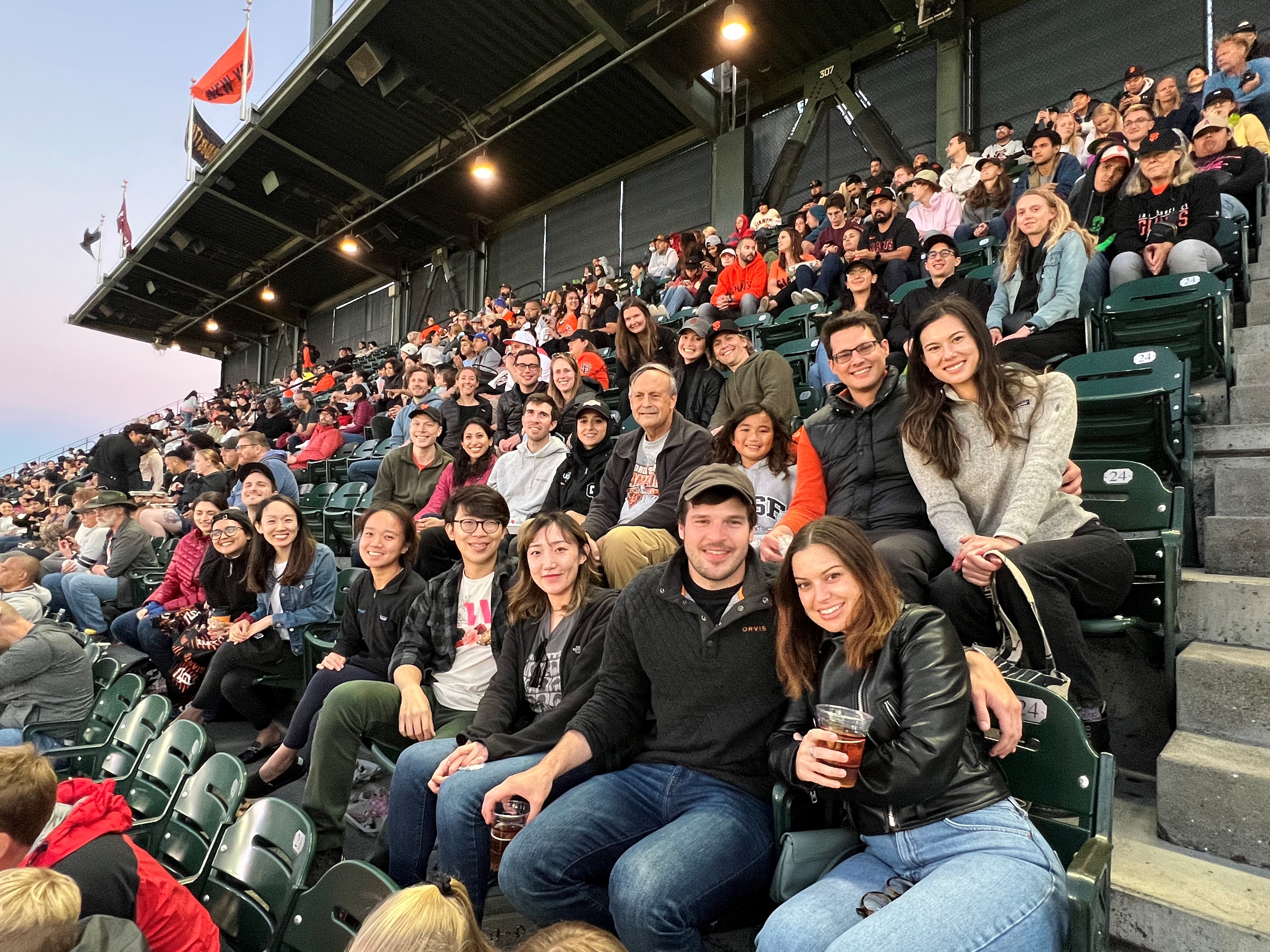Resident wellbeing is a joint commitment between the program creating schedules and a learning environment that is supportive and conducive to wellbeing, and residents engaging in self-care and healthy social activities.
Time to rest
Residency is busy, and trainees need time off work to rest, find work-life balance, and take care of their personal lives. Our residents are scheduled approximately 80 days off per year in addition to 28 days (4 weeks) of vacation. This means residents have more than 6 days off per 4 weeks of work (not counting vacation days), even on almost all the busiest inpatient rotations.
These days off are a mix of weekends and weekdays to allow scheduling personal appointments. Days off are known well in advance. At the request of our residents, we prioritize golden weekends rather than single days off throughout the year.

No 24-hour in-house call
Our program has fully eliminated in-house, 24-hour call. Instead, we have a night float system consisting of 4- or 5-night blocks that are spread evenly through the second half of the R2 year, the R3 year, and R4 year. The current distribution of night float shifts is:
R2: 4 blocks (16-20 shifts) in the second half of the year
R3: 5 blocks (20-24 shifts)
R4: 4 blocks (16-20 shifts)
To allow for adequate transitions from day to night sleep cycles and back, we ensure residents have 1 post-call day and 3 days off during the 14-day period in which a night float block occurs.
Nights at the VA are covered by a home call system, shared between inpatient and outpatient rotators. No resident takes more than 2 nights per week, and outpatient rotators are given either a half day or full day off after home call to allow for adequate rest, giving them 3 days off per week on each VA outpatient rotation.
Separation of inpatient and outpatient work
To enhance trainee well-being and improve patient care, our program designs resident schedules to separate inpatient and outpatient responsibilities. Because of our clinic week block structure, residents on inpatient rotations do not have any outpatient responsibilities (including inbasket management), with rare exceptions. This allows residents to focus on their inpatient services and keeps inpatient teams together. In addition, it allows residents on clinic week blocks to fully focus on outpatient clinics and inbasket management.
Separation of inpatient and outpatient work
To enhance trainee well-being and improve patient care, our program designs resident schedules to separate inpatient and outpatient responsibilities. Because of our clinic week block structure, residents on inpatient rotations do not have any outpatient responsibilities (including inbasket management), with rare exceptions. This allows residents to focus on their inpatient services and keeps inpatient teams together. In addition, it allows residents on clinic week blocks to fully focus on outpatient clinics and inbasket management.
Going a step further than the ACGME
The ACGME requires that no resident works more than 80 hours per week, on average over 4 weeks, and has at least 1 day off per week, when averaged over 4 weeks. UCSF takes these rules a step further and creates schedules to ensure no resident ever works more than 80 hours in any single week, and always has at least 1 day off every 7-day Saturday-Sunday stretch of time.

Wellness Wednesdays
Residents are allowed to miss Wednesday afternoon teaching 4 times per year to arrange personal appointments.
Social activities
Our wellness and social chief residents are given a budget to schedule activities throughout the year. These include game nights, picnics in Golden Gate Park, happy hours, Giants games, and hikes around the Bay Area.
Wellness weekend
Each Spring, the department sponsors a Wellness Weekend where the majority of residents are freed from clinical duties to spend a weekend together. The Wellness Weekend is scheduled far enough in advance so that schedules can be arranged to ensure residents who stayed behind one year to cover inpatient services are guaranteed to be able to attend the following year.
